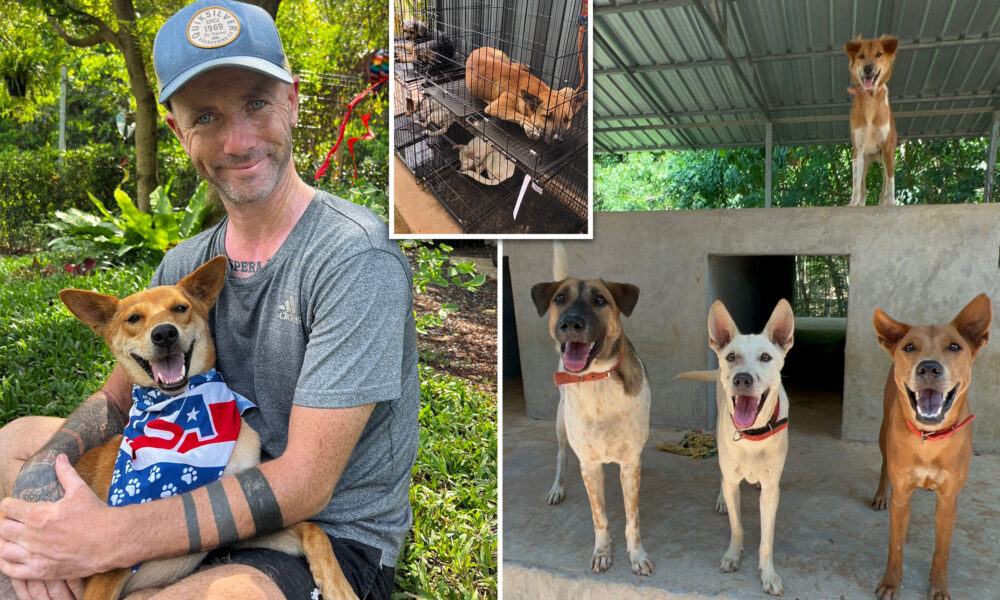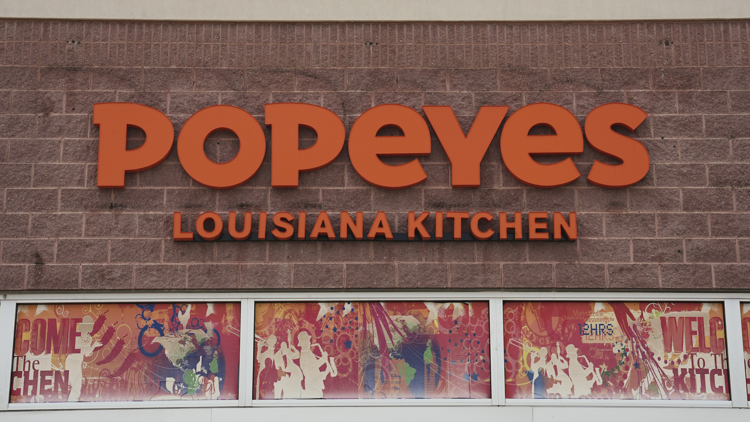Niall Harbison, 46, found purpose in life after a near-fatal battle with alcoholism. In 2020, he lay in an intensive care unit in Thailand, having consumed dangerous amounts of alcohol and Valium. At that moment, he made a crucial promise to himself: “If I survive, I’m gonna do something that actually makes a difference in the world.”
Harbison, who previously enjoyed a successful career as a social media entrepreneur and private chef in Dublin, relocated to Southeast Asia to embrace a new mission. He began feeding street dogs, a passion that has now evolved into a substantial nonprofit initiative, Happy Doggo. This organization focuses on reducing the global stray dog population while educating communities on responsible pet care.
From Personal Crisis to Animal Advocacy
Five years since his life-altering decision, Harbison has built a significant following on social media, amassing over 1 million followers across platforms like Instagram, X, and TikTok. His short videos depicting daily feedings of street dogs in Koh Samui have resonated with viewers worldwide, leading to a surge in support for his cause.
Each morning before sunrise, Harbison takes to the streets on his moped to feed approximately 100 street dogs. “I do that at 7 a.m. before it gets hot or busy,” he explained. Yet, the unpredictability of his work often disrupts his routine. “A dog could have been hit by a car, six puppies could be dumped by the side of the road, there could be a dog that’s been shot,” he said, reflecting on the challenges he faces.
The emotional toll of his work can be overwhelming. Harbison has openly shared his struggles with depression, particularly when he encounters animals suffering from violence. “It’s very, very emotionally draining,” he stated. “There are times when I can’t cope, and I have to lay down in a dark room for an hour.” His commitment to these animals is unwavering, driven by the belief that they rely on him for help.
Confrontation and Cultural Challenges
Harbison’s compassion has led to confrontations with locals who view stray dogs as a nuisance. He has faced threats from individuals armed with knives and firearms. However, he emphasizes that the issue is not about individual malice but rather a broader societal problem. “These guys will be chicken farmers or have buffalo, and suddenly a bunch of stray dogs will come along that maybe eat one of their chickens,” he explained.
Rather than retaliating against the locals, Harbison aims to foster understanding through kindness. “I have to change the whole culture through kindness, community building, and education,” he said. His approach has expanded into a full-scale rescue operation, employing 22 staff members, including cooks and medics, to care for the 1,200 dogs fed daily by Happy Doggo.
The organization now operates a hospital and is planning to establish a mobile clinic to reach rural areas where stray dogs are often abandoned or shot. “Next year is where the big growth comes,” Harbison noted, revealing plans to increase staff to between 40 and 50 as they expand their outreach.
To fund these initiatives, Harbison has decided to take on an unexpected challenge: running the Bangkok Marathon. With only a month to prepare, he aims to raise funds for new mobile veterinary clinics. “I was like, ‘OK, f–k it, I’ll do the marathon,’” he said, acknowledging the difficult training regimen ahead.
The marathon serves a dual purpose, acting as a fundraiser while also symbolizing Harbison’s commitment to his mission. He aspires to halve the world’s estimated 500 million street dogs through sterilization, education, and legislation.
“I can do a bit on the ground and raise some money and get people involved,” he explained. “But I know that I need to get governments to change. They’re the ones who can make the real difference.” Harbison’s journey from a near-fatal addiction to a life dedicated to animal welfare exemplifies the profound impact one individual can have on a community and beyond.






